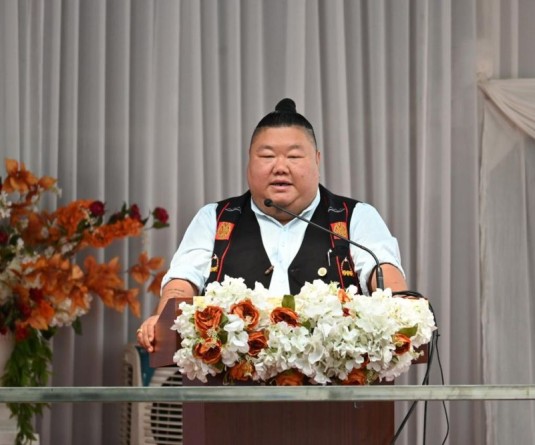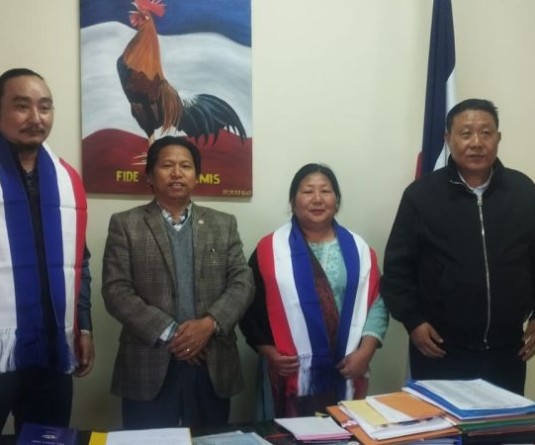
Meluri, September 5 (MExN): On the eve of the ‘Matikhrü village Massacre’ anniversary, Pochury Students’ Union (PSU) today recounted the series of incidents leading to the deadly episode at Matikhrü village on September 6, 1960.
In a press release, PSU said that on August 14, 1960, the Naga Army attacked Assam Rifles outpost at Thuda (Phor village) in Pochury area. During this time, an Indian transport plane (Dakota) trying to drop relief materials and ammunitions to the besieged post was shot down by the Naga Army on the 14th day of the siege and crash landed at Zathsü, a paddy field of Meluri village. The Naga Army captured all the nine airmen, PSU said. This led to a heavy army operation in Pochury area by the Indian Army, who was on a mission to search and rescue the captured airmen. In the process of the army operations, many villages were burnt down and “untold atrocities and tortures” were inflicted upon the villagers, it was added.
On September 1, 1960, six villagers from Phor village were tortured to death, the release said. Again on September 3, 1960, another three villagers from Yisi village were beaten to death. Two villagers from Mokie were also beaten to death. In Laruri village, one person was buried alive after severe beating and two people of Meluri village were beheaded.
Meanwhile, on September 6, 1960, the Punjab Regiment posted at Kangjang village reached Matikhrü village around 10:00 am, according to PSU press release. All the villagers were ordered to gather in one place; men folk were separated from women and children. “All the men were made to keep jumping and do sit-ups for more than 5 hours in the scorching sun.” Then just before sunset, Indian Army rounded up the men inside the village chief’s house and nine of them were beheaded.
For days together, the survivors of the village wandered in the deep jungle without proper food and shelter, the release added. They entered Burma and stayed with the Naga Army in their camp. They spent their lives in the wilderness for two and half years. In 1963, village re-establishment took place but normal life could not be restored for many years, PSU said.
The Pochury people have ever since observed September 6 as Black Day “in memory of all those who had suffered and laid down their lives for the greater glory and freedom of the Nagas.”





